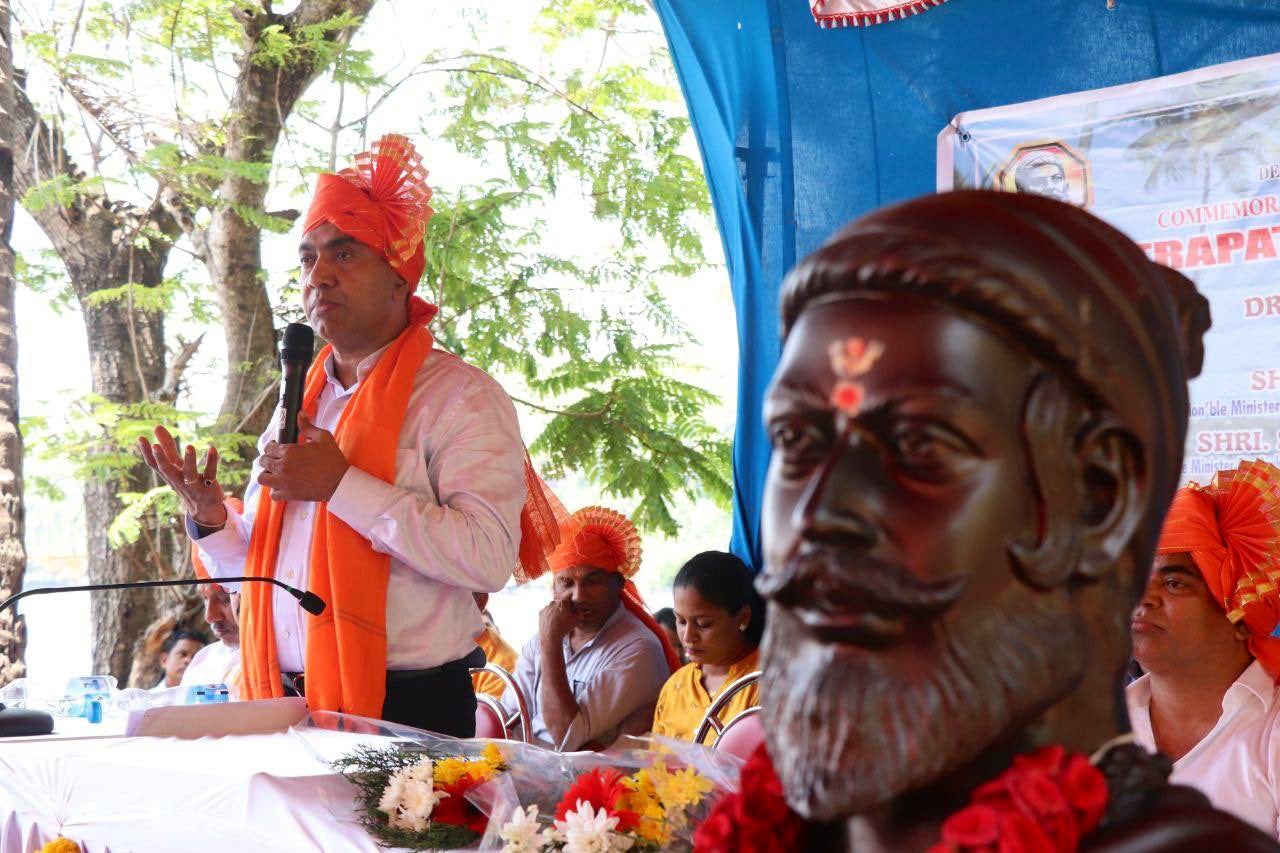Indian state leader says traces of centuries-long Portuguese rule should be ‘wiped away’
‘We should wipe away the signs of the Portuguese. We need to start afresh’

Your support helps us to tell the story
From reproductive rights to climate change to Big Tech, The Independent is on the ground when the story is developing. Whether it's investigating the financials of Elon Musk's pro-Trump PAC or producing our latest documentary, 'The A Word', which shines a light on the American women fighting for reproductive rights, we know how important it is to parse out the facts from the messaging.
At such a critical moment in US history, we need reporters on the ground. Your donation allows us to keep sending journalists to speak to both sides of the story.
The Independent is trusted by Americans across the entire political spectrum. And unlike many other quality news outlets, we choose not to lock Americans out of our reporting and analysis with paywalls. We believe quality journalism should be available to everyone, paid for by those who can afford it.
Your support makes all the difference.Signs of the centuries-long colonial Portuguese occupation should be “wiped away” from Goa, according to the chief minister of India’s most popular coastal tourist destination.
Pramod Sawant made the comments in a fiery speech on Tuesday in reaction to claims that Hindu temples were destroyed in the state during Portuguese rule.
The European country invaded Goa, located on India’s southwestern coast, in 1510 and ruled over the area for 451 years until 1961.
Military action to liberate Goa had come decades after India attained independence from the British in 1947. When Portugal had refused to leave Goa, India’s government carried out a military operation, known as “Operation Vijay”, to liberate the territory.
“At least after 60 years, we should wipe away the signs of the Portuguese. We need to start afresh. We are celebrating the 75th year of India’s independence... how Goa should be and what Goa is going to be when India is celebrating 100 years of independence, we have started thinking of that now,” Mr Sawant said.
The chief minister was speaking at an event commemorating the 350th anniversary of the coronation of ancient ruler Chhatrapati Shivaji, who was from the Maratha empire.
The commemoration was at Goa’s Betul Fort, built on Shivaji’s orders more than four centuries ago in 1679.
Mr Sawant accused the Portuguese of destroying Indian temples during their rule. He claimed that the Portuguese stopped the destruction after signing a peace pact with the Marathas.
“The treaty mandated that the Portuguese will not destroy temples,” Mr Sawant said while praising the Maratha ruler’s claimed actions. “The destruction of temples stopped after that,” he was quoted as saying by The Indian Express.
Claiming that Shivaji warned the Portuguese against destroying temples, Mr Sawant said the historical figure and his son Sambhaji earned “major credit” for protecting Hindu culture.
“It was Shivaji who had first put forth the idea of swaraj or self-government in the country,” the leader from the ruling right-wing Bharatiya Janata Party said.
This is not the first time Goa has seen a backlash against its former colonial rulers.
Last year, an Indian politician’s decision to erect a brass statue depicting footballer Cristiano Ronaldo in Goa had sparked controversy.
The 400kg statue of the Portuguese player was put on public display by the state’s former minister of science and technology and had stirred more anger than inspiration among locals in the state where football is a very important part of people’s lives.




Join our commenting forum
Join thought-provoking conversations, follow other Independent readers and see their replies
Comments